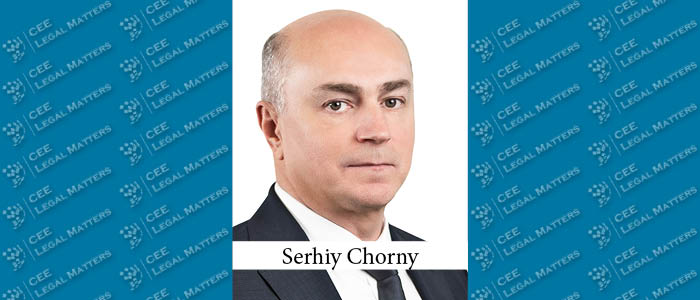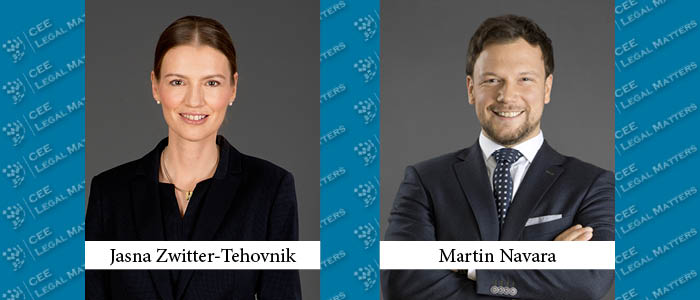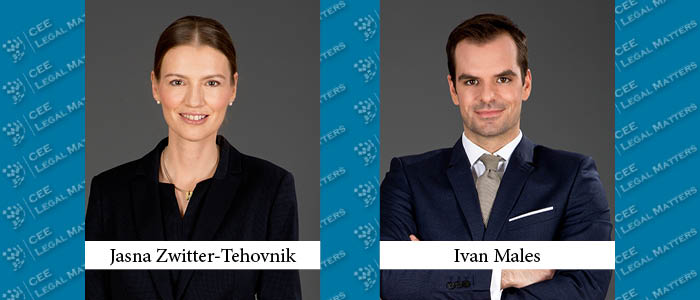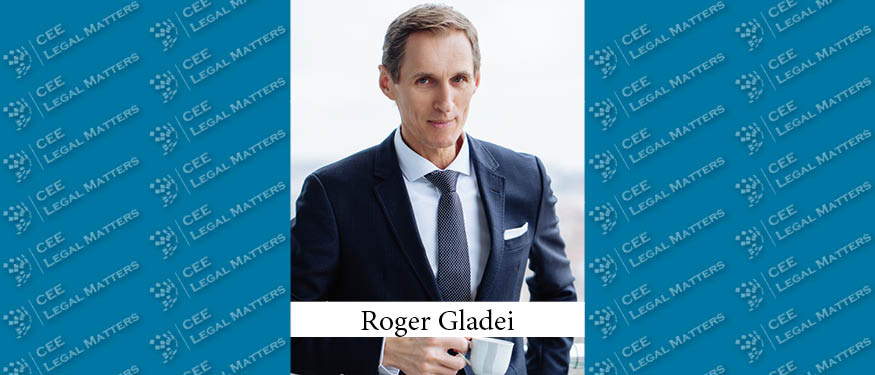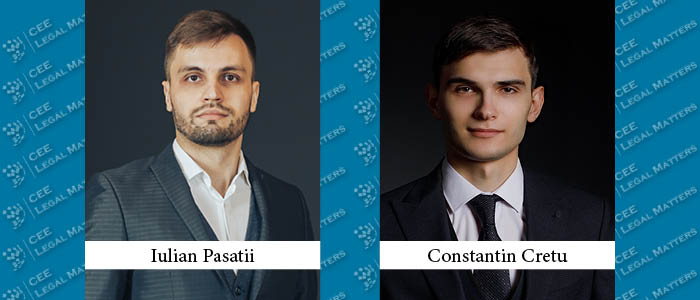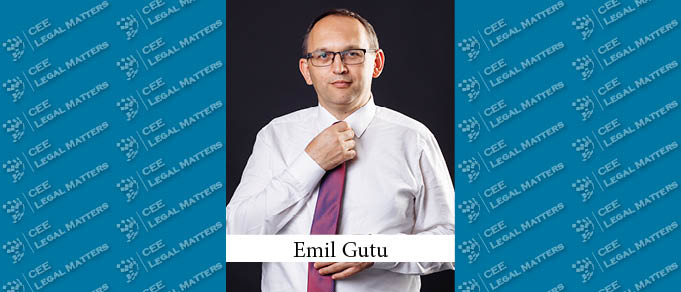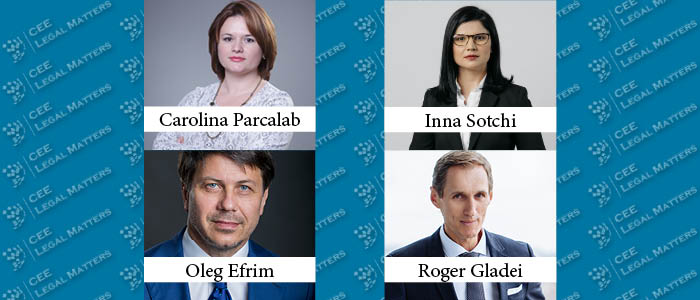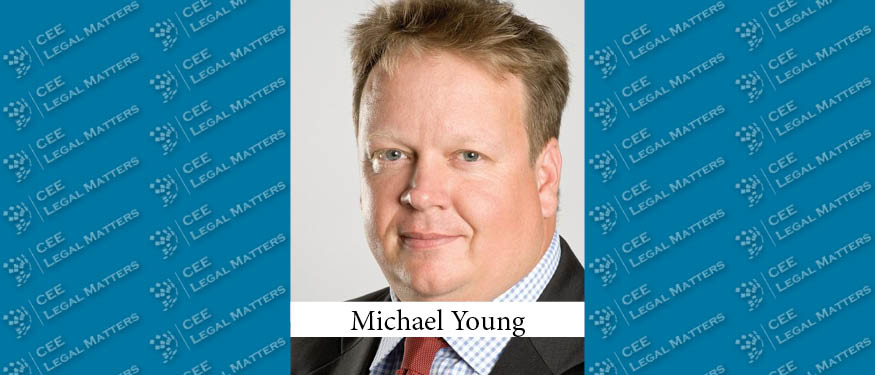Notwithstanding the ongoing war, the Ukrainian banking and financial services industry continues to operate without interruptions and shows great resilience and stability. Ukrainian legislation continues to develop at the same time, bringing the standards of banking and financial services closer to the EU requirements.
Austria: New Investment Firm Act – The End of Mixing Apples and Oranges?
Investment firms, which operate in financial markets and provide investment services to third parties, were subject to the same organizational regulations as credit institutions, despite their different business and risk profiles. Their activities are regulated by MiFID II, which was transposed by the Austrian Securities Supervision Act 2018.
Croatia: Resilience Facing the Banking Crisis – The EU Credit Institution Recovery and Resolution Framework’s Role
In today’s global economy, credit institutions play a critical role in providing financial services to individuals, businesses, and governments. However, the failure of a credit institution may result in far-reaching consequences, as we have recently seen with banking crises in Switzerland, the US, and, potentially, Europe.
Slovenia: Are ESG Financings and Alternative Sources of Lending the Answer to Increasing Borrowing Costs and Strict Banking Rules?
In the context of the ESG framework, under the planned allocation within the EU, Slovenia should (according to the EIB) allocate EUR 520 million per year to renewable energy sources and their efficient use, and EUR 780 million per year if we add transport, waste, and water to the equation.
Know Your Lawyer: Roger Gladei of Gladei & Partners
An in-depth look at Roger Gladei of Gladei & Partners covering his career path, education, and top projects as a lawyer as well as a few insights about his as a manager at work and as a person outside the office.
Proposed Amendments to the Moldovan Renewable Energy Legal Framework
In the context of global efforts to migrate towards a green economy, based on renewable energy, the Republic of Moldova aims to improve and complete the regulatory framework applicable to the use of energy from renewable sources.
Moldovan Data Protection Law Follows Footsteps of GDPR
One of the most important recent buzzwords in Moldova, at the intersection of legal services and IT, is GDPR compliance and its associated complications (and opportunities) – to strictly follow both the GDPR (where applicable extraterritorially in Moldova) and the Moldovan legal framework, which is partially aligned with the EU law.
Moldova Builds Interconnections To Provide for Genuine Competition in Its Energy Markets
The spring of 2023 brought a genuine spring mood into the Moldovan energy sector. The overall feeling is that Moldova came out of the winter that, by many predictions, should have frozen it solid and is now eagerly looking forward to bright, although still occasionally frosty, days ahead.
Moldova’s Long Way Home
On June 23, 2022, the European Council granted Moldova the status of candidate country for EU accession. ACI Partners Legal Manager Carolina Parcalab, Bivol Sotchi & Partners Managing Partner Inna Sotchi, Efrim Rosca si Asociatii Managing Partner Oleg Efrim, and Gladei & Partners Managing Partner Roger Gladei explore the recent changes in Moldova resulting from its new status.
The War Around the Corner: Challenging Moldova’s Economy
With the ongoing war in neighboring Ukraine, Bivol Sotchi & Partners Founding Partner Andrei Bivol, Gladei & Partners Partner Iulian Pasatii, and Efrim Rosca Asociatii Managing Partner Oleg Efrim look at how the conflict has affected Moldova’s economic growth.
The Corner Office: The Next Booming Practice
In The Corner Office, we ask Managing Partners at law firms across Central and Eastern Europe about their backgrounds, strategies, and responsibilities. With the first quarter of 2023 wrapped up, we turned to the future and asked: In which practice area do you expect the most growth – in terms of work volume – in the next 12 months?
CEELM Top 10: Most-Read Briefings
The CEELM Top 10 series looks back over the past ten years and celebrates the milestones we have achieved together. First up: most-read Briefings, with each article featuring a short description reflecting the authors’ opinion at the time.
Tech Sector Focus: The Growing Impact of the ESG-Driven Data Race
With ESG gradually coming into focus, companies, industries, and whole countries are looking to the TMT sector for guidance. CMS Ukraine Partner Olga Belyakova and CMS Bosnia and Herzegovina Counsel Sanja Voloder share their insights.
Guest Editorial: What I Love About the CEE Region
Congratulations to CEE Legal Matters on its ten-year Anniversary. It’s an impressive feat, and it exemplifies what I love about the CEE region – if you can dream it, you can do it!
Editorial: Puttin’ On the Ritz
Where: Why in Istanbul, of course. The size of a couple of New Yorks, Istanbul is one metropolis that made the right decision on urban wildlife. Mice and rats can be unseemly and dangerous, and dogs tend to leave a mess in the middle of the street. Cats, on the other hand, are clean, take care of the rat problem, are reasonably well-behaved, and are just exceedingly cute. Well done, Istanbul!
Critical Skills in the GC Toolkit
Setting the stage at the recently held CEE Legal Matters GC Summit in Istanbul, top-tier legal professionals at prominent companies and law firms alike – from across CEE and beyond – shared their insights on what General Counsels must have in their toolbox to guarantee the delivery of high-quality work. Specifically, the experts considered the importance of the GC role as a trusted advisor, getting the most out of negotiations, and the specifics of client service from a GC perspective.
Deal Expanded: Reed Smith’s Michael Young Talks About the Deal of the Year in Slovakia
CEELM: Tell us a bit about the deal and your firm’s role in getting it across the finish line.
Deal Expanded: Dentons’ Simon Dayes and Ulcar & Partnerji’s Matjaz Ulcar Talk About the Deal of the Year Serbia
CEELM: First, congratulations on winning the DOTY! Tell us a bit about the deal and your firm’s role in getting it across the finish line.

